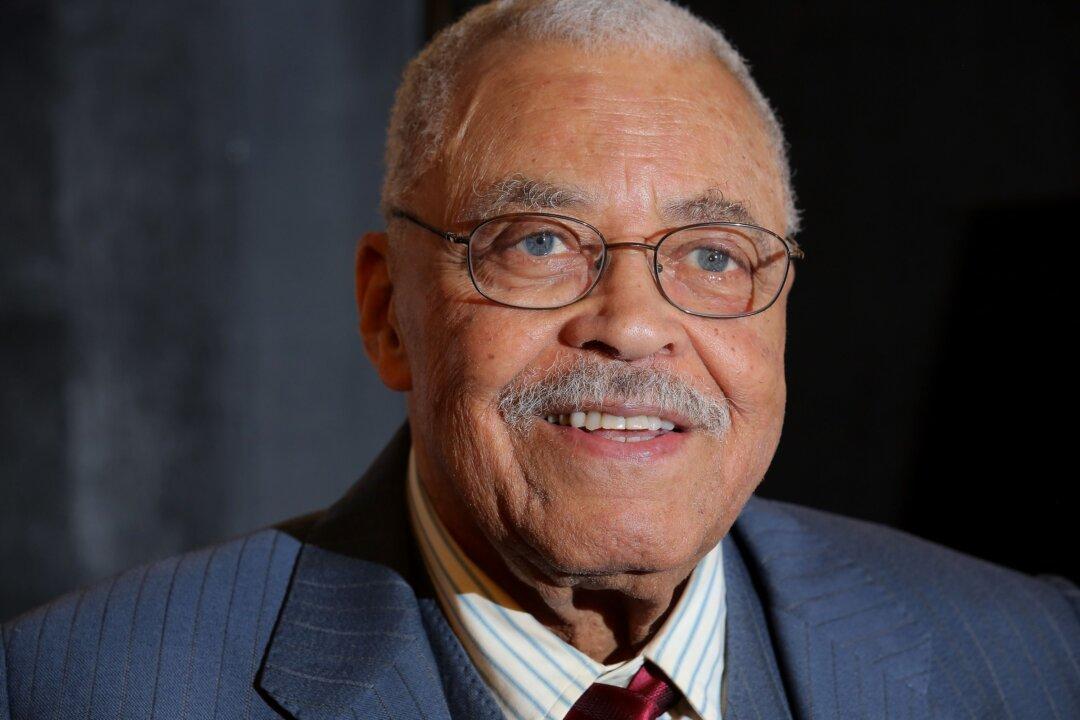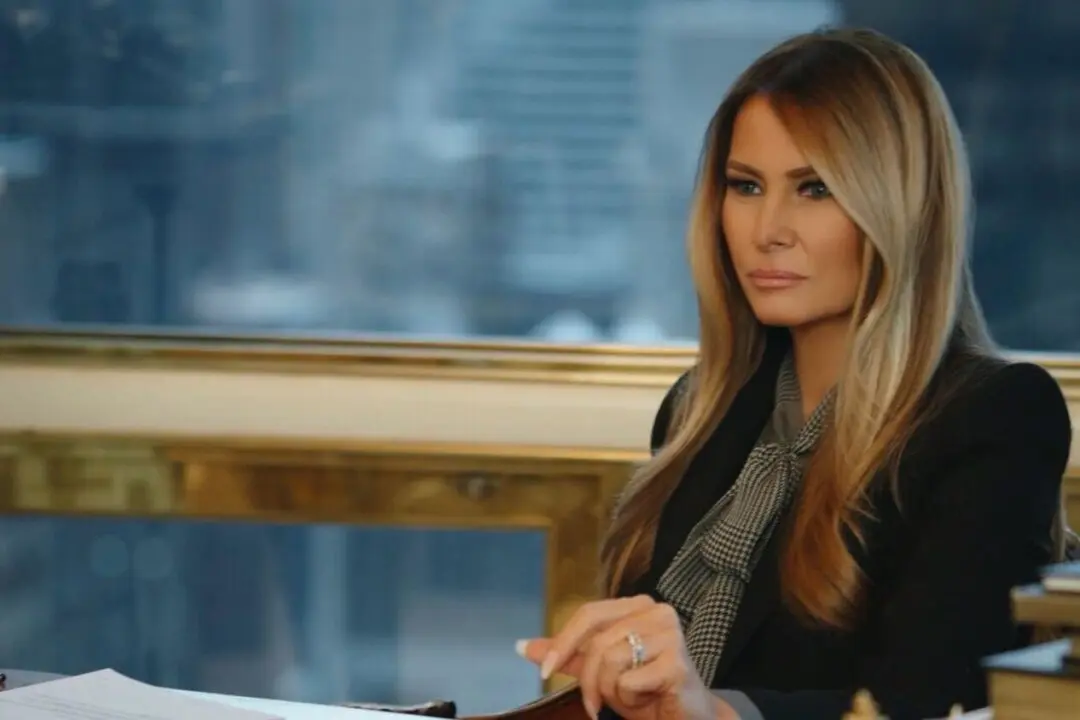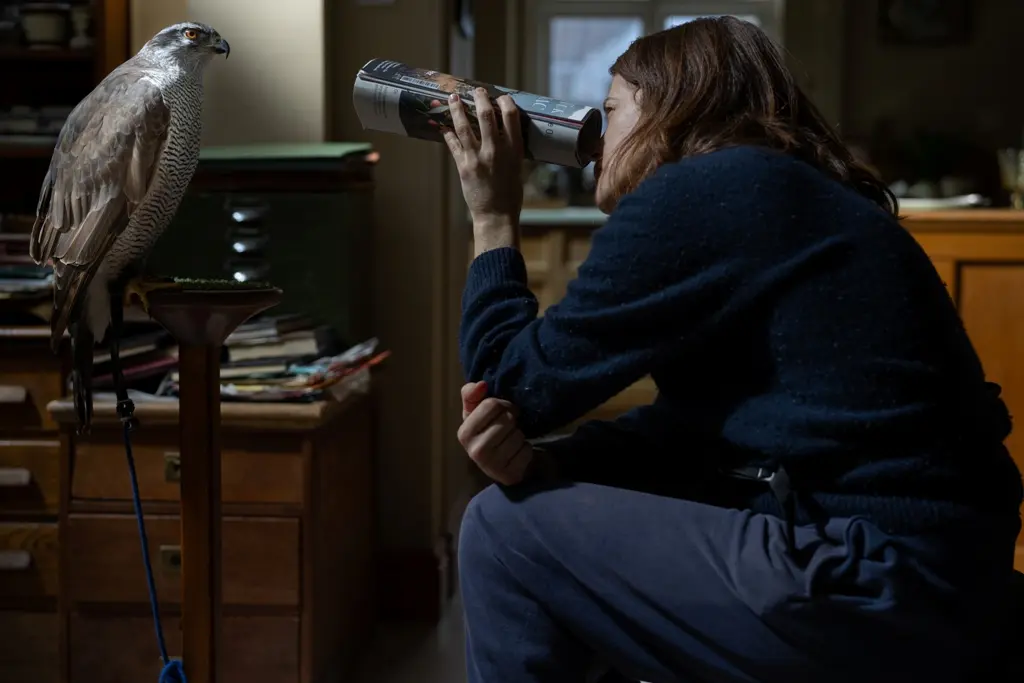American actor James Earl Jones, known for his performances on stage and screen, passed away on Sept. 9, 2024. He was 93 years old.
A graduate of the University of Michigan, the Mississippi-born Jones was the son of Robert Earl Jones. Robert Earl Jones was himself an actor of renown who had supporting roles in his later years in “The Sting,” “Trading Places,” “The Cotton Club,” and “Witness.”






